Description
The Unsung Hero: Understanding Vitamin B12 and Why You Need It
Vitamin B12, also known as cobalamin, is an essential nutrient that plays a critical role in numerous bodily functions. Often touted for its energy-boosting capabilities, its importance extends far beyond simply combating fatigue. From nerve function to DNA synthesis, B12 is a vital player in maintaining overall health and well-being. So, what exactly does this vitamin do, and why is it crucial to ensure you’re getting enough?
The Powerhouse Behind the Scenes: B12’s Key Roles
Vitamin B12 is a water-soluble vitamin, meaning it dissolves in water and travels through the bloodstream. This also means your body doesn’t store B12 for long periods, requiring regular intake to avoid deficiency. Here’s a breakdown of its crucial functions:
- Nerve Function: B12 is essential for the health of nerve cells, also known as neurons. It helps produce myelin, a protective sheath that surrounds nerves and allows for efficient signal transmission throughout the body. A deficiency can lead to nerve damage, resulting in numbness, tingling, and even difficulty walking.
- DNA Synthesis: B12 plays a critical role in the production of DNA and RNA, the building blocks of our genetic code. This is particularly important for rapidly dividing cells, such as those in the bone marrow, which produce blood cells.
- Red Blood Cell Formation: B12 works in tandem with folate to produce healthy red blood cells. A deficiency can lead to megaloblastic anemia, a condition characterized by abnormally large and immature red blood cells, hindering oxygen transport throughout the body.
- Energy Production: While not directly providing energy, B12 helps the body convert food into usable energy. This is essential for maintaining a healthy metabolism and feeling energized throughout the day.
- Brain Health: Emerging research suggests B12 may play a role in cognitive function and memory. While more research is needed, maintaining adequate B12 levels is considered important for overall brain health.
Who is at Risk of B12 Deficiency?
While B12 is naturally found in animal products, certain populations are more prone to deficiency:
- Vegans and Vegetarians: Since B12 is primarily found in animal products, vegans and strict vegetarians are at higher risk of deficiency. They need to actively seek out fortified foods or supplements.
- Older Adults: As we age, our ability to absorb B12 from food decreases. Factors such as decreased stomach acid and the use of certain medications can further hinder absorption.
- Individuals with Gastrointestinal Disorders: Conditions like Crohn’s disease, celiac disease, and atrophic gastritis can impair the absorption of B12 in the digestive system.
- People Taking Certain Medications: Some medications, such as proton pump inhibitors (PPIs) used to treat heartburn, can interfere with B12 absorption.
Recognizing the Signs: Symptoms of B12 Deficiency
Symptoms of B12 deficiency can be subtle and develop gradually, making them easy to overlook. Common signs include:
- Fatigue and Weakness: Feeling unusually tired and lacking energy.
- Numbness or Tingling: Particularly in the hands and feet.
- Difficulty Walking: Problems with balance and coordination.
- Memory Problems: Difficulty concentrating and remembering things.
- Mouth Sores or a Swollen Tongue:
- Pale Skin:
- Shortness of Breath:
If you experience any of these symptoms, it’s crucial to consult with your doctor to get your B12 levels checked.
Boosting Your B12: Sources and Supplementation
Fortunately, maintaining adequate B12 levels is achievable with the right knowledge and strategies:
- Dietary Sources: Excellent sources of B12 include:
- Meat (beef, liver, poultry)
- Fish and Seafood (salmon, tuna, clams)
- Eggs
- Dairy Products (milk, cheese, yogurt)
- Fortified Foods: Many plant-based foods are fortified with B12, including:
- Breakfast Cereals
- Nutritional Yeast
- Plant-Based Milks
- Supplements: B12 supplements are widely available in various forms, including oral tablets, sublingual lozenges, and injections. Your doctor can determine the appropriate dosage based on your individual needs and B12 levels.
The Bottom Line: Prioritize Your B12 Intake
Vitamin B12 is an essential nutrient that plays a vital role in maintaining overall health and well-being. By understanding its importance, recognizing potential risk factors, and incorporating B12-rich foods or supplements into your diet, you can ensure you’re getting enough of this crucial vitamin and reaping its numerous benefits. If you suspect you might be deficient, don’t hesitate to consult with your healthcare provider for personalized advice and testing. Taking proactive steps to prioritize your B12 intake is an investment in your long-term health and vitality.

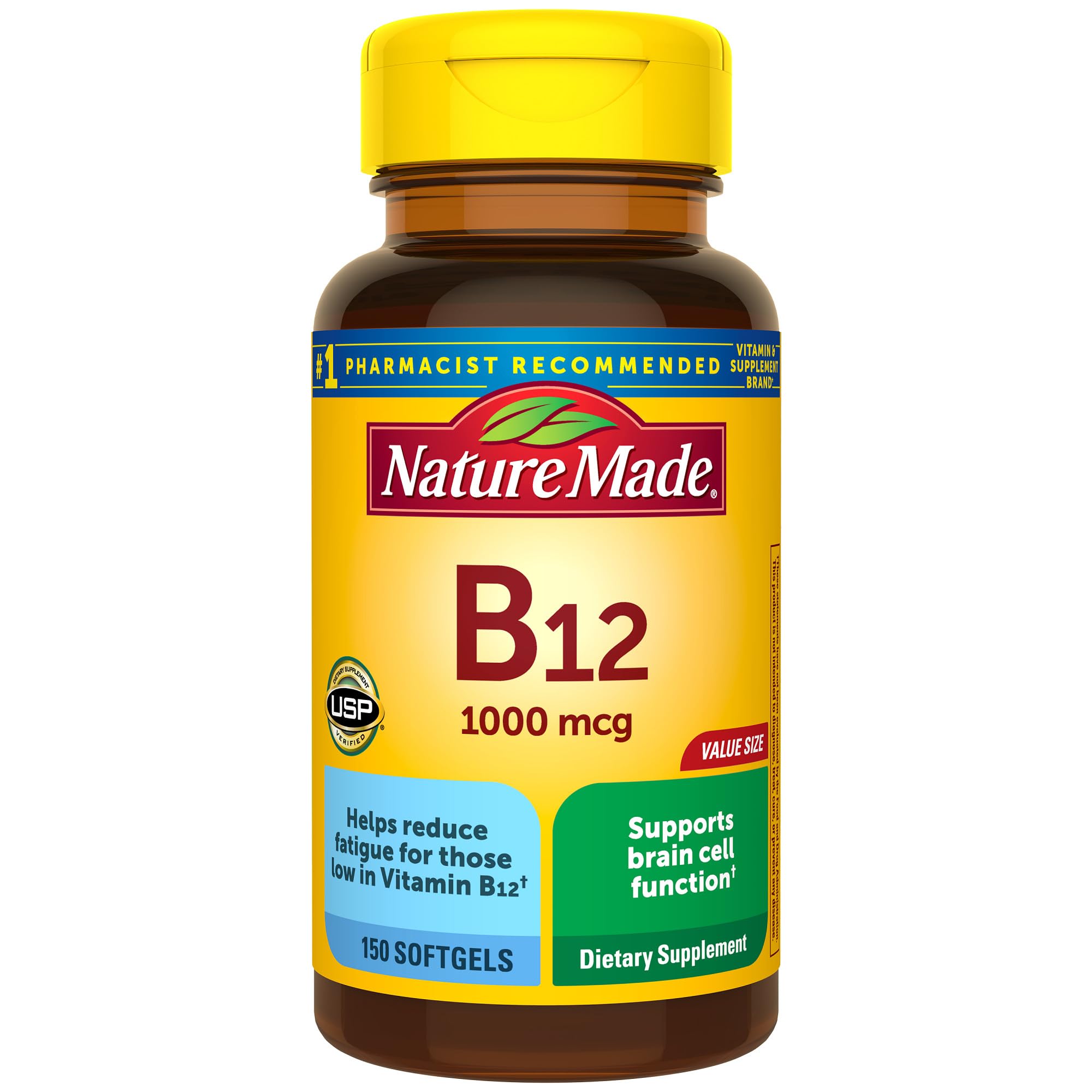
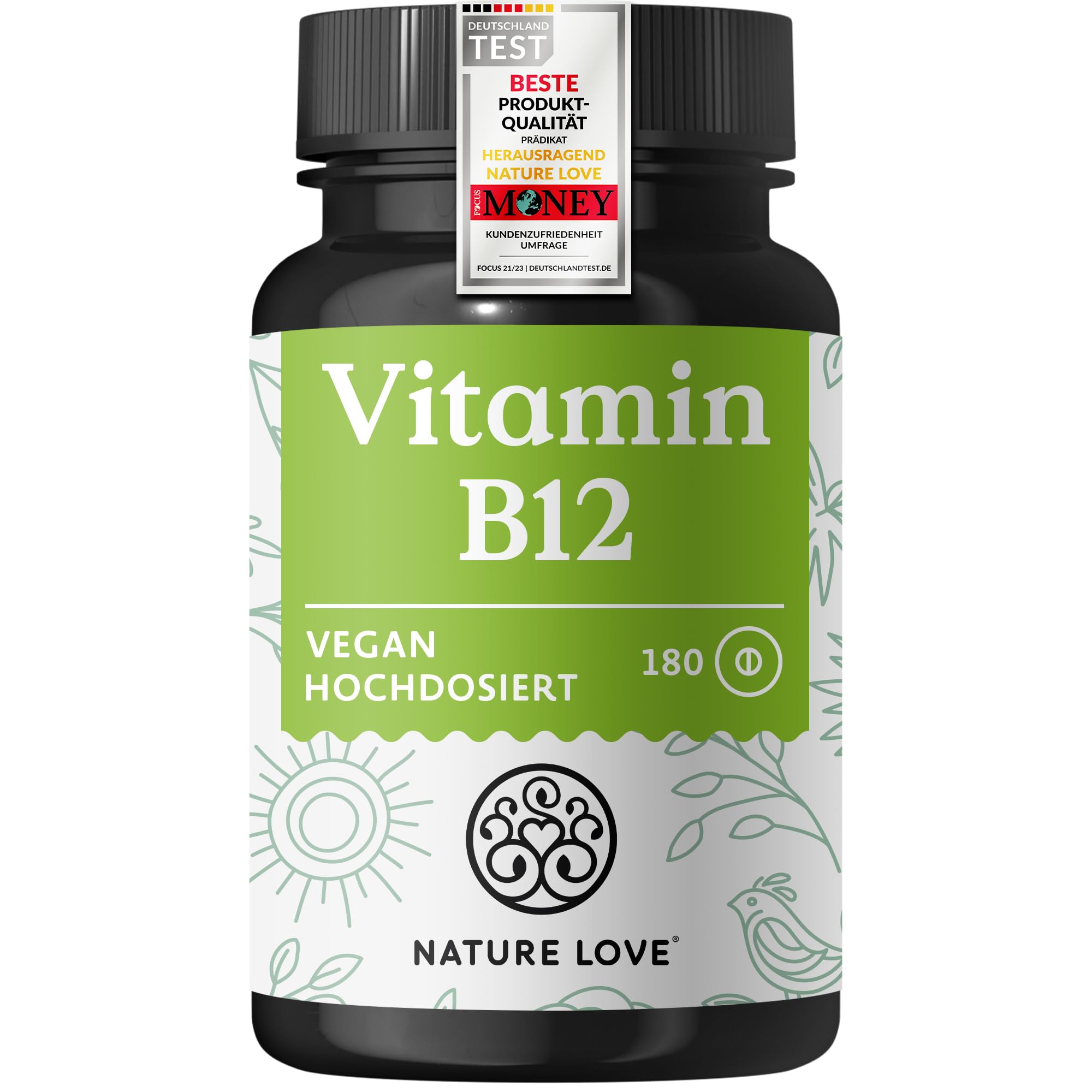
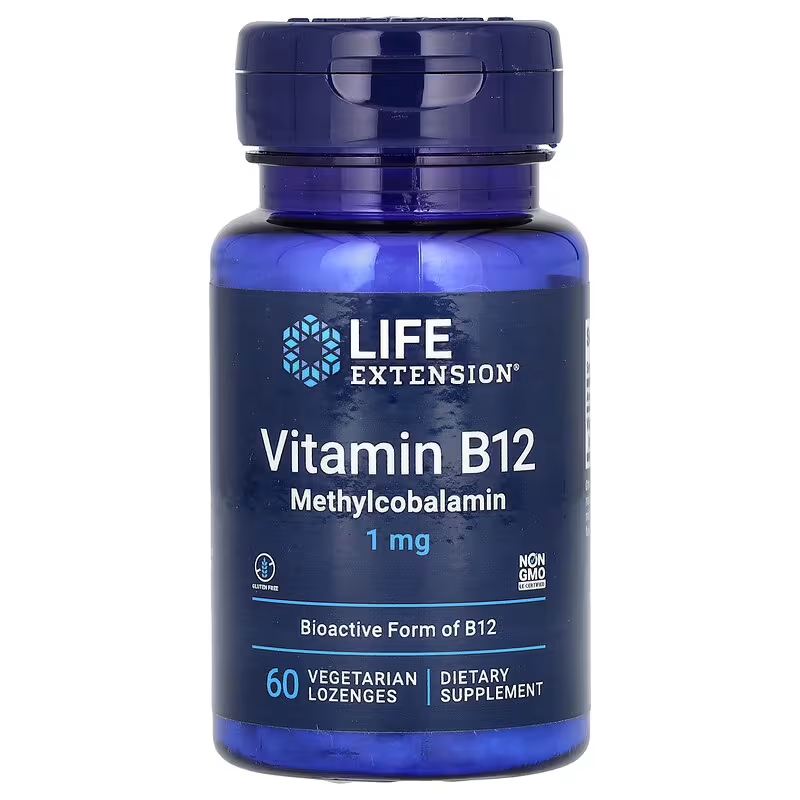
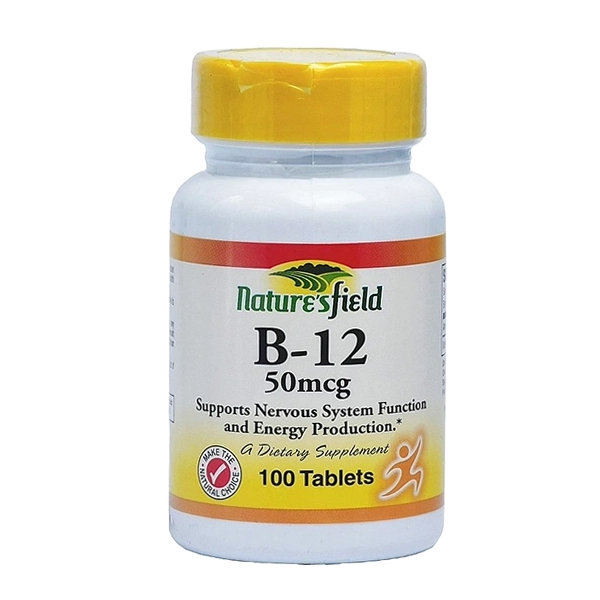
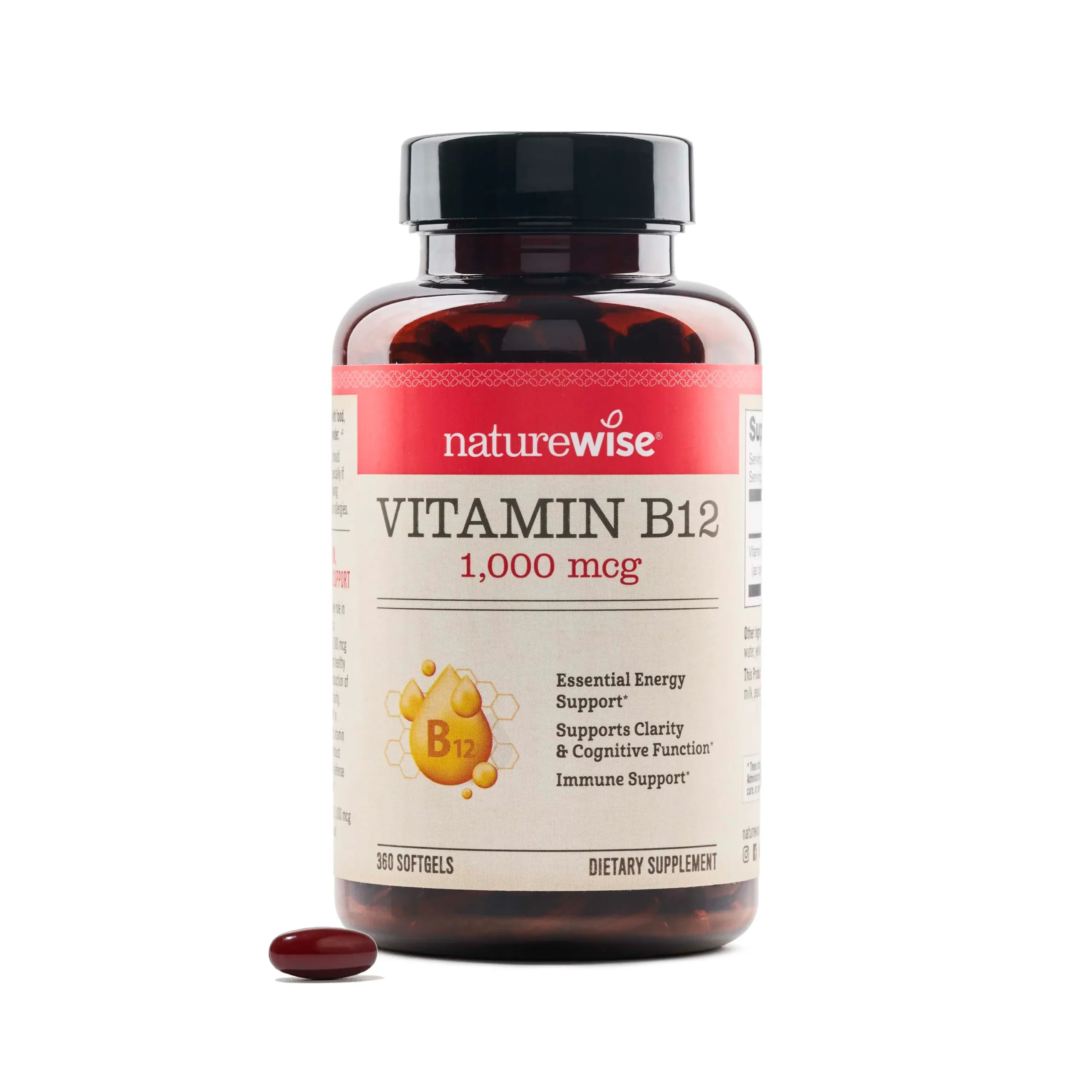


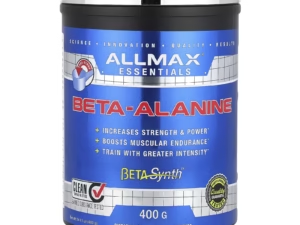

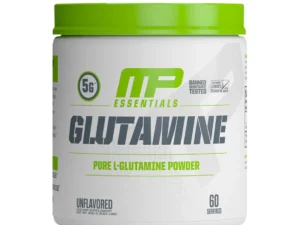
Reviews
There are no reviews yet.